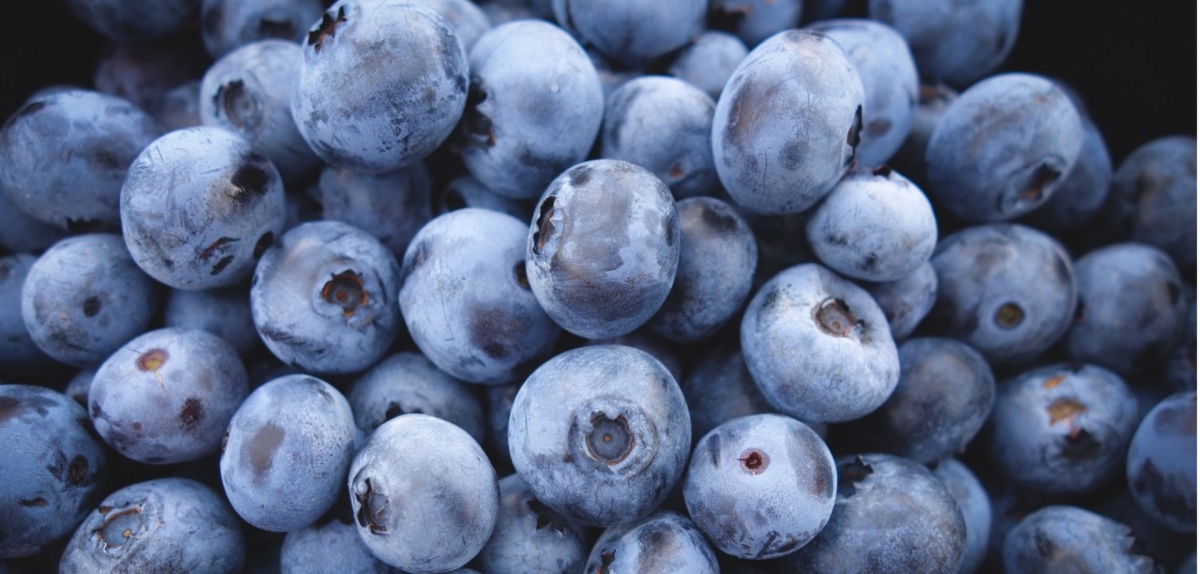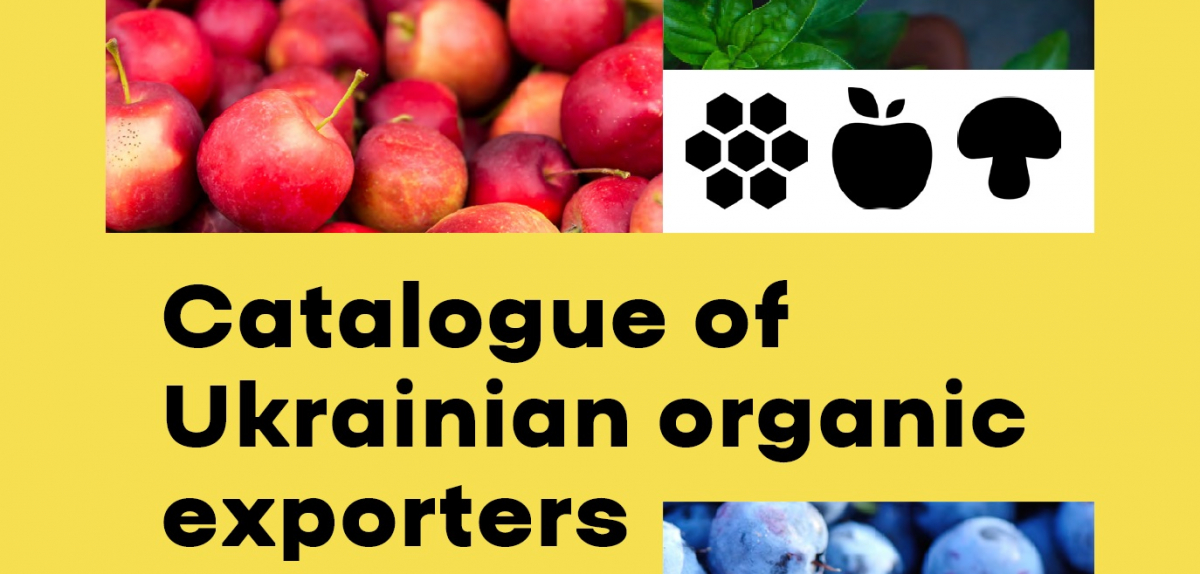
Argentine organic blueberry exports in 2019 increased by 70% per year

The EU and the US, the main destinations
In 2019 Argentina exported 47,922 tons of organic fruits. The main producing provinces were Rio Negro (40%), Tucuman (22%), and Chubut (17%). The country exported a total of 2,206,935 kilos of blueberries in its different categories, registering a notable increase from the 697,979 kilos it dispatched in 2015.
In 2019, the country exported 1,907 tons of fresh blueberries exports, i.e. 70% more than in 2018. Fresh blueberries ranked as the third-largest organic fruit exports in volume, behind pears and apples.
The United Kingdom was the main destination for this fruit until 2008, a year in which demand fell sharply. Starting in 2010, the demand in the United States began to strongly increase. Shortly thereafter, Europe matched and even exceeded that demand.
According to official data from SENASA, the main destinations for Argentina's organic blueberries in 2019 were the European Union with 56% of the total and the United States with 39%.
Growth opportunities in Asia and the domestic market
Currently, Argentina's organic certification is accepted by the European Union, Japan, and Switzerland, and the country is in negotiations to achieve equivalences with the United States and South Korea.
Growth opportunities are important; first in markets where Argentina is already present and has yet to make progress, such as the United States, but also in those markets that are not yet highly developed, such as China, Southeast Asian countries, and India where the potential is very great, stated Francisco Estrada, a representative of the Argentine Blueberry Committee (ABC).
The domestic market also represents an opportunity for development. In 2019, it received 13,311 kilos, i.e. 0.7% of the total volume of organic blueberries produced, ranking fourth behind pears, apples, and plums.
Incentives to promote organic production
The Ministry of Agriculture, Livestock, and Fisheries of the Nation is currently working and promoting a bill that contemplates different instruments to promote organic production. Other incentives include specific subsidy and differential financing programs.
Source: argblueberry.com

 En
En  Укр
Укр 

